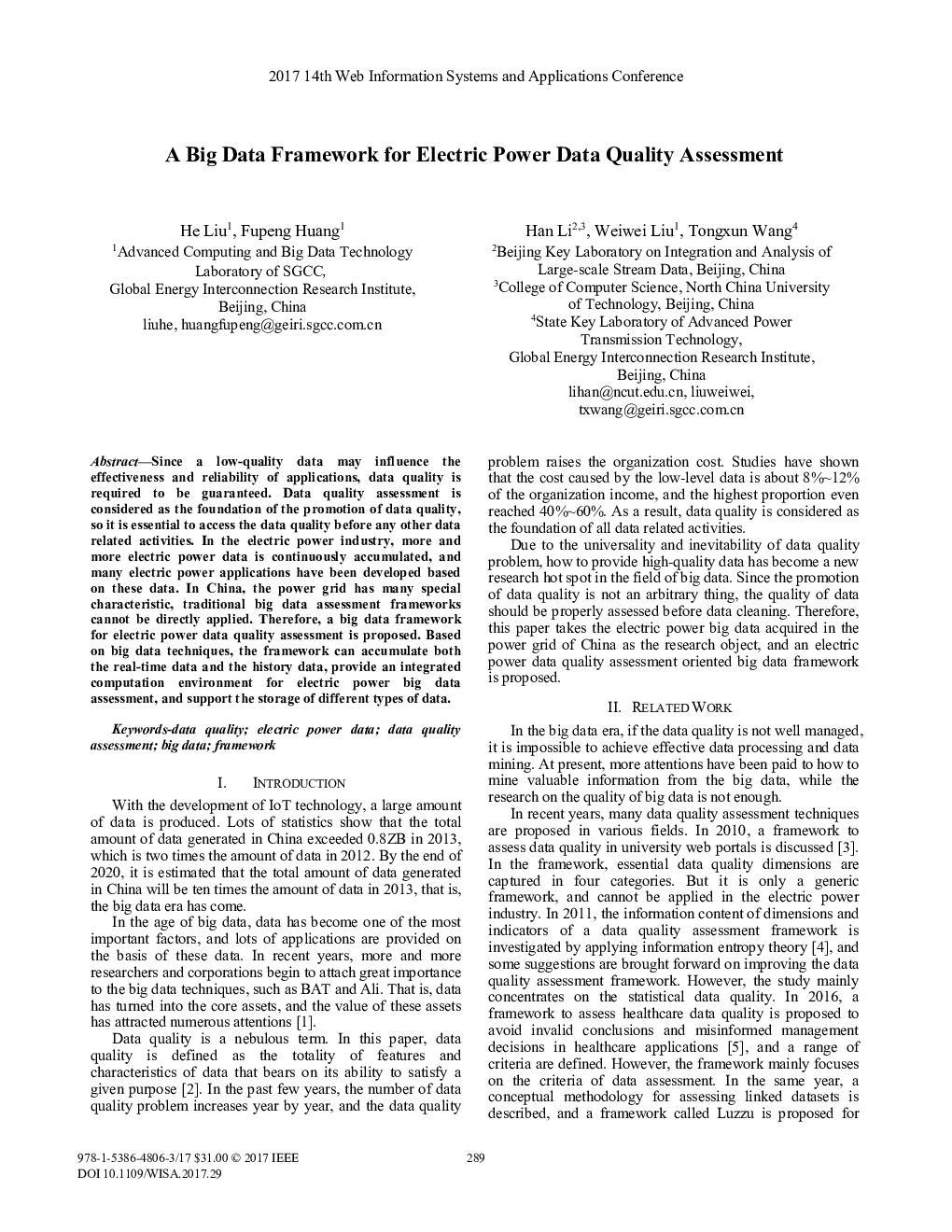| Article ID | Journal | Published Year | Pages | File Type |
|---|---|---|---|---|
| 4968471 | Transportation Research Part C: Emerging Technologies | 2017 | 4 Pages |
Abstract
Battery electric buses with zero tailpipe emissions have great potential in improving environmental sustainability and livability of urban areas. However, the problems of high cost and limited range associated with on-board batteries have substantially limited the popularity of battery electric buses. The technology of dynamic wireless power transfer (DWPT), which provides bus operators with the ability to charge buses while in motion, may be able to effectively alleviate the drawbacks of electric buses. In this paper, we address the problem of simultaneously selecting the optimal location of the DWPT facilities and designing the optimal battery sizes of electric buses for a DWPT electric bus system. The problem is first constructed as a deterministic model in which the uncertainty of energy consumption and travel time of electric buses is ignored. The methodology of robust optimization (RO) is then adopted to address the uncertainty of energy consumption and travel time. The affinely adjustable robust counterpart (AARC) of the deterministic model is developed, and its equivalent tractable mathematical programming is derived. Both the deterministic model and the robust model are demonstrated with a real-world bus system. The results demonstrate that the proposed deterministic model can effectively determine the allocation of DWPT facilities and the battery sizes of electric buses for a DWPT electric bus system; and the robust model can further provide optimal designs that are robust against the uncertainty of energy consumption and travel time for electric buses.
Related Topics
Physical Sciences and Engineering
Computer Science
Computer Science Applications
Authors
Zhaocai Liu, Ziqi Song,
